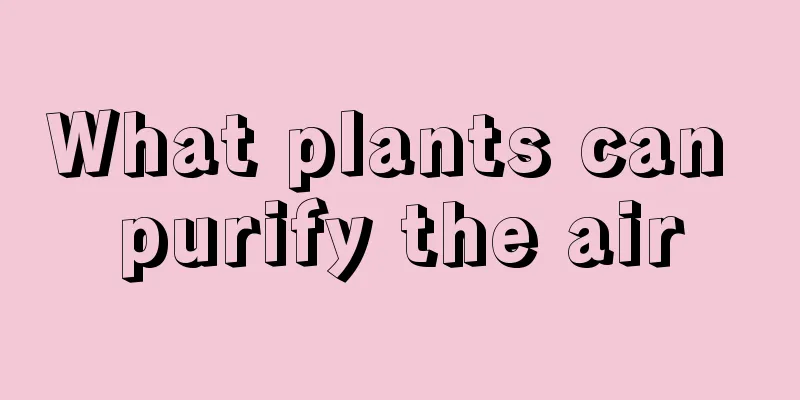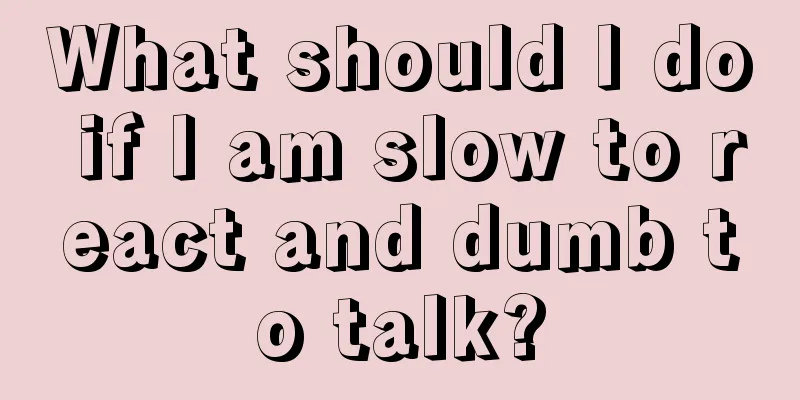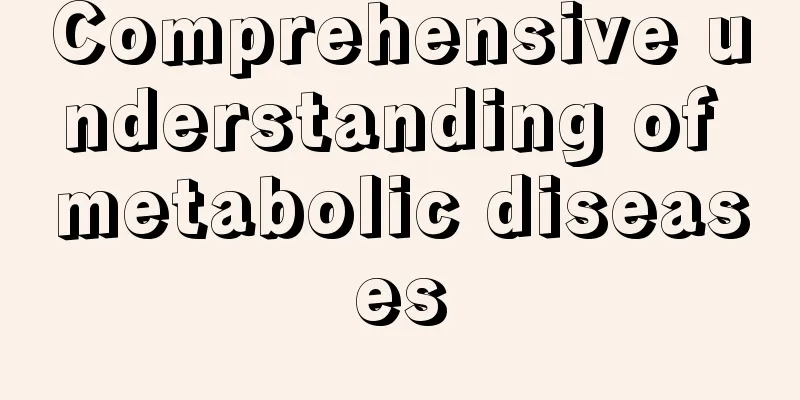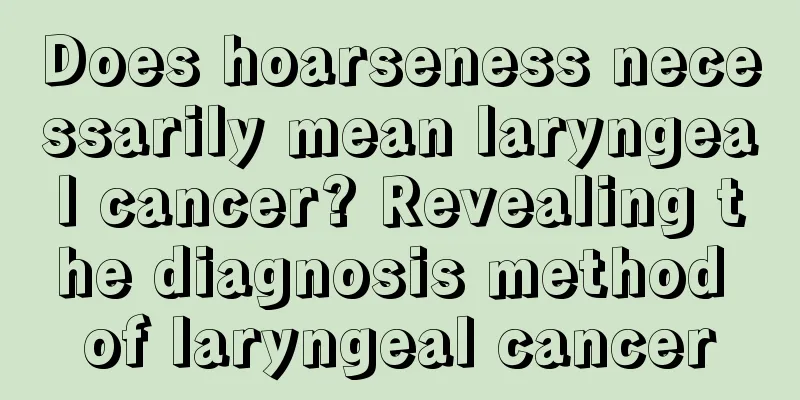Is it better to take cold medicine before or after meals?
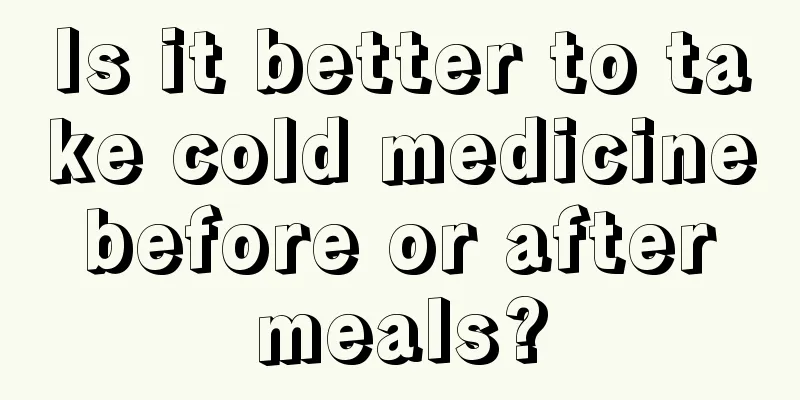
|
Cold medicine is a common medicine in our lives, because we all catch colds in different seasons, but the medicine we often use to treat colds is not as simple as we know, it also has some corresponding side effects. Therefore, you should be extra careful when taking cold medicine. So what are the specific precautions? What should we pay attention to? Let’s take a look at how long it takes before you can stop taking cold medicine. If the medicine your doctor prescribes contains antibiotics, it may be that your cold has caused a bacterial infection, such as tonsillitis, pneumonia, or even meningitis. Once you start taking antibiotics, you must take the entire course of treatment, which is usually 7-10 days. Even if the symptoms have disappeared, you must continue to take all the medicine, otherwise the bacteria will come back to you, and it will also promote the production of drug-resistant bacteria, and the condition will be difficult to control. Therefore, when you go to the hospital to get medicine, you must first ask about the contents of the prescription. Even though they all have colds, people have very different attitudes towards cold medicines. Some people, after recovering from a cold and even if the symptoms have disappeared, have the habit of taking one or two more medicines. In their words, this is to consolidate the therapeutic effect and prevent the cold from "coming back". Others, however, stopped taking medication just as their condition improved. Their view was that all medicines are toxic, so take as little as possible. Which approach is correct? As for the common cold, it is usually caused by a virus. The course of the disease is generally 5 to 7 days. If the symptoms of bacterial infection persist, the course of the disease may be prolonged. If it is the latter, antibiotics must be taken, and the medication time cannot be short. However, some patients stop taking the medicine immediately when they see their condition improve, fearing that the medicine may have side effects. This is not advisable. Although the symptoms appear to have eased on the surface, if the medication is not continued, the bacteria in the body that have not been killed will come back to life. At this time, it may not only lead to bacterial resistance, but also aggravate the complications. For patients who have recovered from a cold and are still taking medication, since the natural course of a cold is generally about 7 days, cold medication usually only needs to be used for 5 to 7 days. Antibiotics usually only need to be used for about 5 days. Don't take chlorpheniramine while driving The most commonly used anti-allergic ingredient in cold medicine is chlorpheniramine, which can relieve symptoms such as runny nose, sneezing, tearing, and itching. However, it has the side effect of drowsiness, so people who are engaged in jobs such as driving and operating precision instruments should use it with caution. It is best not to mix cold medicines Using different over-the-counter cold medicines at the same time may inadvertently exceed the recommended dose of a particular drug or class of drugs. Dr. Houston said: "Be careful not to take two medicines with the same ingredients. If you are taking a combination medicine, you may not need to take other medicines." Even if it is a single cold medicine, it is best to use it under the guidance of a doctor. Don't use paracetamol if you have liver problems Paracetamol is a commonly used antipyretic and analgesic ingredient in combination cold medicines and can be safely used in combination with decongestants or cough suppressants. However, if people who drink excessively or have poor liver function such as hepatitis or cirrhosis use it, or if the dose is too large, it will damage the liver. Hypertensive patients should not use pseudoephedrine Cold medicines that contain decongestants such as pseudoephedrine and phenylephrine can relieve nasal congestion. However, this type of medicine may cause some people's heart rate to increase or tremors to occur, and may also increase blood pressure, so it is contraindicated for patients with hypertension. Commonly used nasal decongestant sprays can quickly and effectively relieve nasal congestion caused by sinus congestion, but continuous use for more than five days may cause drug dependence. How much cold medicine should you take at one time? Cold medicine is a very general term. Whether you must finish taking it depends on the content of the cold medicine prescribed by your doctor. If it is some medicine for reducing fever, relieving pain, improving nasal congestion, or relieving cough and phlegm, it is a symptom improvement rather than a cure. As long as the symptoms disappear, you can stop taking the medicine. Taking too much of this type of medicine will only increase the burden on the liver and kidneys. |
<<: Can Liuwei Dihuang Pills be taken before meals?
>>: Is it okay to eat after jogging?
Recommend
Is liver cancer contagious?
Liver cancer poses a great threat to human life, ...
There is a lump on the collarbone of my neck
Many women care about the shape of their clavicle...
Can a colonoscopy confirm whether there is colon cancer? What should I do if I suspect I have colon cancer?
Sometimes, through the Internet or reading other ...
Is it good for skin care products to contain mineral oil?
Through investigation, it was found that many ski...
What are the signs of brain cancer
Brain cancer refers to a new growth in the crania...
Biological agents for the treatment of rheumatoid arthritis_Is it good to take biological agents for rheumatoid arthritis
Rheumatoid arthritis is very difficult to cure, a...
What are the treatments for advanced liver cancer? Which treatment is the most effective for advanced liver cancer?
The liver is one of the most important organs of ...
My chest hurts when I breathe cold air
Sometimes, if we experience chest pain, we must n...
Treat bronchitis cough, this is what you should do!
Bronchitis is a disease caused by inflammation of...
Why do I always have headaches?
In real life, headache is a very common physical ...
How to use an automatic breast pump
Breast pumps are not unfamiliar to many people, e...
What to do if you have a fever
Every summer, because the weather is changeable a...
Which is better, a razor or a shaver
Shaving every day becomes an important issue for ...
Is it okay to drink coffee before bed?
Coffee is a very common drink in our daily life. ...
Early symptoms of hepatitis
Hepatitis is a common and frequently occurring di...
